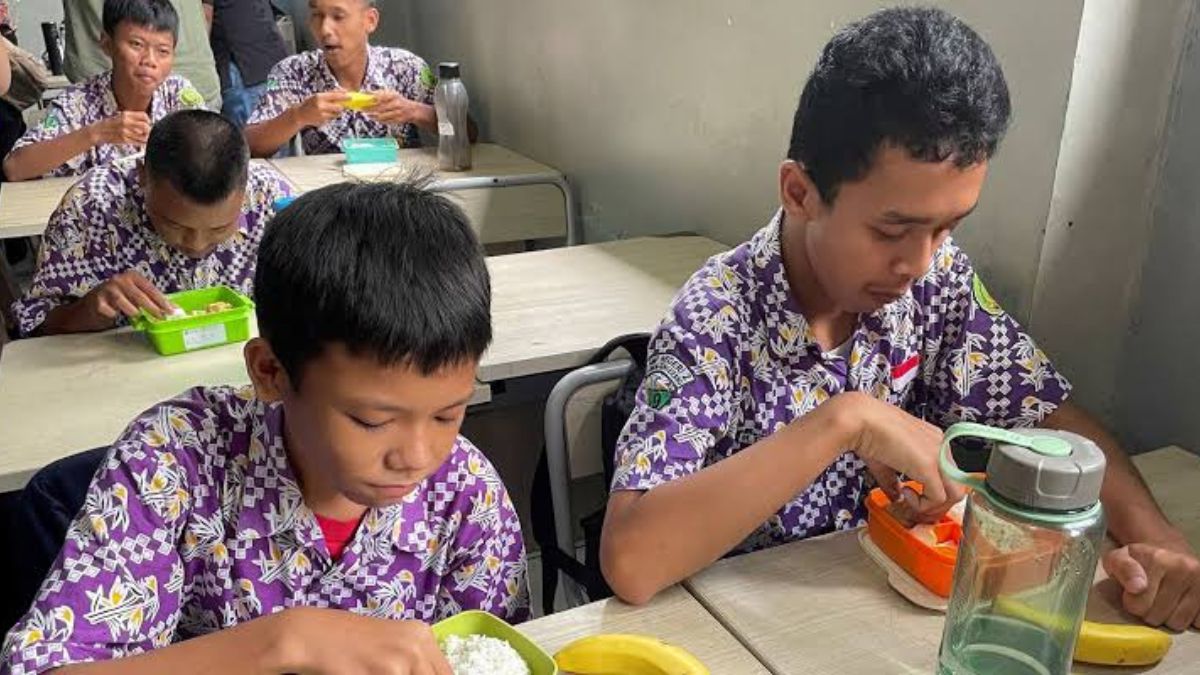The Indonesian government has firmly denied recent claims that the cost of providing free meals has been slashed under the supervision of Prabowo Subianto’s team. These allegations, which have sparked significant public concern and debate, were addressed directly by key officials within the government.
The accusations emerged following a series of reports suggesting that the budget allocated for the free meal program had been significantly reduced. Critics argued that this would negatively impact the quality and availability of meals provided to vulnerable communities, including school children and low-income families.
In response, a spokesperson for the Prabowo team categorically refuted these claims, stating, “There has been no reduction in the budget for the free meal program. On the contrary, we are committed to ensuring that every citizen who relies on these meals continues to receive them without any compromise in quality or quantity.”
The spokesperson emphasized that the government’s priority remains the well-being of its citizens, and any adjustments in the program are intended to enhance its efficiency and reach. “We are constantly reviewing our programs to ensure they are not only sustainable but also effective. This includes optimizing resources to serve more people better,” they added.
Analysts have noted that the free meal program is a cornerstone of the government’s social welfare initiatives, aimed at tackling malnutrition and hunger across the country. Any perceived threat to its funding or implementation naturally garners public scrutiny and media attention.
Further, the government has outlined its commitment to transparency in the administration of the program. Regular audits and public reports are part of the measures taken to ensure accountability and public trust. “We welcome scrutiny and are open to constructive feedback. However, it is crucial that information disseminated to the public is accurate and not misleading,” the spokesperson reiterated.
Public reaction to the government’s denial has been mixed. While some express relief and support for the administration’s assurances, others remain sceptical, calling for more concrete evidence of the program’s continued robustness.

